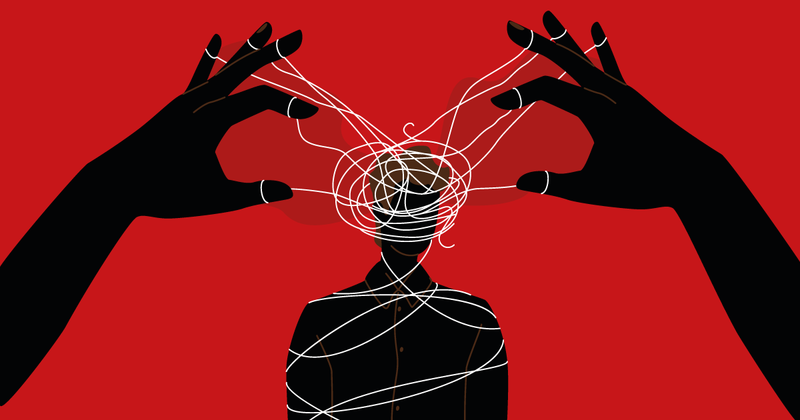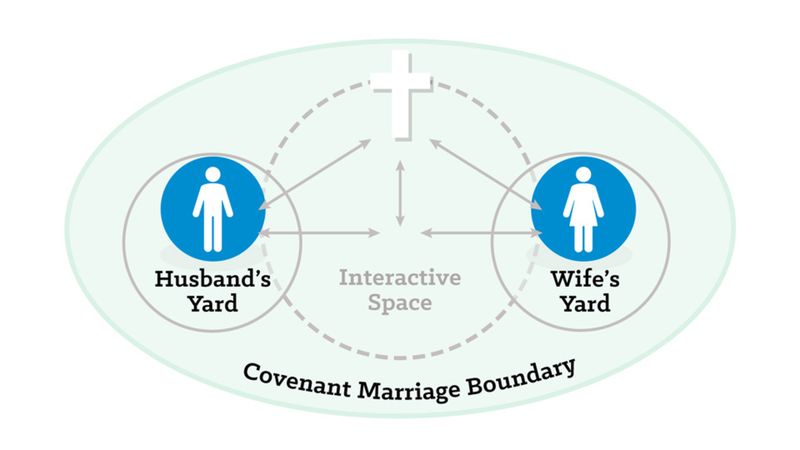Marriage is a journey filled with compromises, but some tolerances can lead to long-term dissatisfaction. Women often overlook certain behaviors or situations, thinking they can adapt or things will change. Over time, however, these same aspects can lead to resentment or emotional distress, affecting the relationship’s health. This list explores 13 common tolerances that might seem harmless initially but can backfire eventually.
1. Silent Treatment Acceptance

Every relationship has its silent moments, but when silence turns into a consistent form of communication, it becomes an issue. Women often tolerate the silent treatment, assuming it’s a phase that will pass.
Ignoring this behavior can lead to emotional disconnection and unresolved issues. The silent treatment, often a form of emotional manipulation, creates a barrier that hinders genuine communication.
Over time, it erodes trust and builds resentment, making it difficult to bridge the emotional gap. Addressing this behavior early on is crucial for maintaining a healthy relationship dynamic.
2. Compromising Personal Dreams

Many women put their dreams on hold for their marriage, believing that sacrifices are necessary for family harmony. While compromise is essential, abandoning personal aspirations can lead to regret and dissatisfaction.
Over time, the lack of personal fulfillment can cause frustration and a sense of lost identity, impacting self-worth and happiness.
It’s important to balance personal goals with marital responsibilities to prevent these feelings. Encouragement from a partner to pursue dreams, even in small steps, can strengthen the relationship and personal satisfaction.
3. Ignoring Financial Imbalance

In many marriages, financial imbalance is a common issue that women often tolerate, thinking it’s temporary or unimportant. However, ignoring financial disparities can lead to significant stress and inequality in the relationship.
Financial imbalance can affect power dynamics and lead to dependency, resentment, and arguments.
Open discussions about finances and fair contribution are essential to prevent these issues from escalating. Addressing financial matters early ensures both partners feel valued and equally responsible, fostering a healthier partnership.
4. Enduring Lack of Appreciation

Appreciation is the key to a thriving marriage, yet many women feel their efforts go unnoticed. Enduring lack of appreciation can lead to feelings of insignificance and burnout.
When daily contributions are taken for granted, it breeds resentment. Over time, this neglect can erode self-esteem and happiness, making the partner feel undervalued.
Regular acknowledgment and gratitude can transform the relationship, ensuring both partners feel cherished and respected. Openly communicating the need for appreciation can prevent long-term dissatisfaction.
5. Tolerating Emotional Unavailability

Emotional connection is vital, yet emotional unavailability is often tolerated in marriages. Women might accept this as a personality trait, hoping for change.
However, long-term emotional detachment can lead to loneliness and disconnect, affecting intimacy and trust. Partners may grow apart, feeling unsupported and misunderstood.
Addressing emotional unavailability by encouraging open and honest communication helps in rebuilding emotional bonds. Seeking counseling or therapy can also provide tools for nurturing emotional intimacy.
6. Accepting Constant Criticism

Criticism can be constructive, but constant negative feedback can damage self-esteem and confidence. Women often endure criticism, believing it helps in personal growth.
However, continuous criticism can lead to feelings of inadequacy and self-doubt, affecting mental health and relationship satisfaction.
Constructive communication and setting boundaries are vital in handling criticism. Encouraging a positive and supportive environment enhances personal and relational well-being. Seeking affirmation and understanding within the marriage can mitigate the adverse effects of criticism.
7. Overlooking Infidelity

Infidelity is a painful betrayal, yet some women choose to overlook it to maintain family stability. While forgiveness is admirable, unresolved infidelity can lead to persistent trust issues.
The emotional wounds of betrayal can cause anxiety and insecurity, disrupting any sense of stability.
Open discussions about fidelity, counseling, and setting clear boundaries are essential for healing and rebuilding trust. Without addressing the underlying issues, infidelity can cause long-lasting damage to the relationship’s foundation.
8. Accepting Unequal Parenting Roles

Parenting is a partnership, yet many women find themselves shouldering the majority of responsibilities. Accepting unequal parenting roles might seem manageable initially, but it can lead to exhaustion and resentment.
When one partner is overburdened, it affects both personal well-being and the parent-child relationship.
Open communication about parenting duties and shared responsibilities helps in creating a balanced and supportive environment for both the children and the parents.
9. Conceding to Manipulation

Manipulation can be subtle, often disguised as care or concern. Women may concede to manipulative behaviors, believing they are compromising for the relationship’s sake.
However, manipulation erodes autonomy and self-worth, leading to feelings of entrapment and dissatisfaction.
Recognizing manipulative patterns and asserting personal boundaries are crucial for maintaining independence and a healthy relationship. Empowerment through self-awareness and mutual respect fosters a more balanced partnership.
10. Disregarding Personal Space

Personal space is essential for mental well-being, yet many women disregard their need for privacy in marriage.
Continuous proximity without personal time can lead to stress and loss of individuality. A lack of personal space may cause friction and emotional fatigue.
Encouraging personal time and respecting boundaries enhances personal growth and relationship quality. Understanding each other’s need for space can prevent unnecessary conflicts and promote harmony.
11. Ignoring Emotional Abuse

Emotional abuse is often overlooked or excused as stress-induced behavior. Women may ignore it, believing it to be temporary or insignificant.
However, emotional abuse leaves deep scars, affecting mental health and self-esteem. It creates a toxic environment, breeding fear and dependency.
Recognizing and confronting emotional abuse is essential for personal safety and well-being. Seeking support from friends, family, or professionals can provide the strength needed to address this serious issue.
12. Neglecting Self-Care

In the hustle of marital responsibilities, self-care often takes a backseat. Women might neglect their well-being, prioritizing family needs.
Over time, lack of self-care leads to burnout and deteriorates physical and mental health. Neglecting oneself affects confidence and happiness, impacting the overall relationship.
Incorporating self-care routines and prioritizing personal health fosters a more balanced life. Encouragement and support from a partner in maintaining self-care can enhance mutual well-being and relationship satisfaction.
13. Tolerating Unfulfilled Promises

Promises form the foundation of trust, but unfulfilled promises can lead to disappointment and mistrust. Women might tolerate broken promises, hoping for eventual fulfillment.
Chronic unfulfilled promises create a cycle of expectation and letdown, damaging the relationship’s integrity.
Addressing unmet promises openly and setting realistic expectations are crucial for rebuilding trust. Encouraging accountability and honest communication helps in restoring faith and maintaining a strong relationship foundation.

